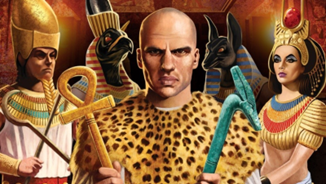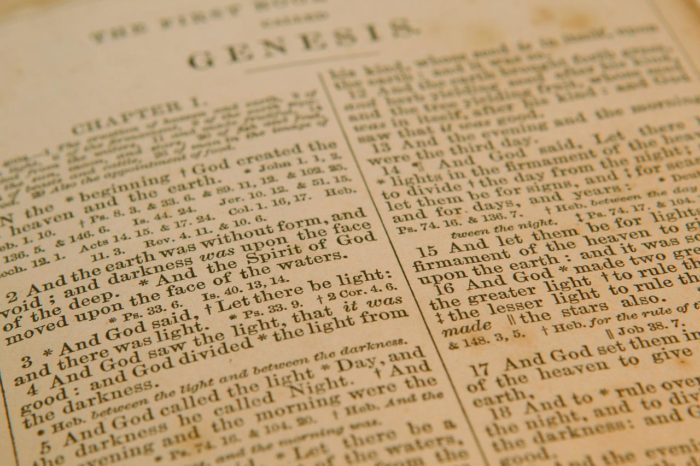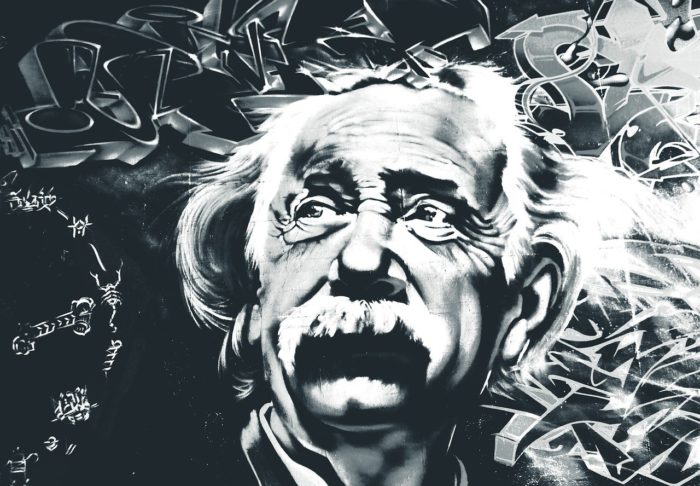
| Divine Tragedy In an age of times unrecorded, unthinkably remote and arcane, A conclave of gods indescribable, adrift in a cosmic domain. Non-physical, non-temporal, in eternal ennui they mire, Godlike yet flawed, a celestial middle management’s choir. In a realm devoid of matter, where existence was but a jest, They’d languish, ponder, dally, trapped in this celestial quest. Yet amidst the silence of the cosmos, where no sound dared to creep, Stirred a god of senior standing, rousing his brethren from sleep. “Wake,” he bade, “from your lethargy, let us conquer this celestial blight, In place of the nothingness that pervades here, let us see if we can create light! Let’s birth a universe, vast and grand, by making the elements transmute, To dispel our ennui, our cosmic fatigue and this cosmological boredom dilute.” And so, in the fashion of executive wisdom, the eldest god invoked, A segregation of duties, amongst the divine, bespoke. A harmony, he hoped, might be achieved in this grand cosmic scheme, In the diversity of thought, he hoped, lay the essence of the dream. And thus, in that great heavenly boardroom, sprang ideas unending, Each god’s vision of a universe, a cosmic PowerPoint contending. A cacophony of celestial voices, each pitch perfect, each word astute, Their egos, however, unwilling to consider each other’s route. Yet chaos ensued, a divine mess unraveled, a universe in disarray, For each god’s slice of creation was another’s total dismay. Intersecting realms, dimensions colliding, the perfect universe a mirage, A competition of multidimensional Jenga, the gods’ cosmic collage. Tensions flared, alliances frayed, two factions emerged from the fray, Their grand cosmic visions in conflict, their harmony kept at bay. A war ignited, of magnitude unmatched, unseen in myth or lore, A conflict so vast, yet void of sense, an absurd celestial uproar. From one faction, hellbent on destruction, a superweapon was deployed, An idea born, from a Star Wars marathon’s, the other faction to be destroyed. Yet, in their haste, a miscalculation occurred, and in their folly, the universe bade, Not a weapon of destruction, but of creation, the foundation of all things laid. From the aftermath of that grand explosion, a cosmos emerged forthwith, The heavenly squabbles and celestial beings reduced to no more than myth. Yet, the eldest god, wise and foreseeing, had embedded a universal law, A theory of everything developed, bringing order to the cosmic maw. From the celestial ineptitudes’ detritus, a universe began to form, Guided by physics fundamental, a cosmos beautifully norm. We humans emerged, alone, a product of a cosmic fight, No divine intervention, no heavenly decree, just a universe to delight. In a twist of cosmic irony, we find resonance with old religious creeds, Gods once existed, a universe designed, yet no divine decree impedes. We’re alone, with no scriptures, no prophets, no underworlds to befall, The universe, our playground, the answer to our soul’s call. Religions claiming monopoly on truth peddle expired cosmic lore, The real story, a hilarious irony, of creation’s unexpected uproar. A cosmic comedy, a divine error, led to our birth, our place, Merging science and creation, in a tale of cosmic grace. Thus, dear friend of a friend, the mother of all explanations be told, This grand cosmic satire, a legacy of divine miscalculations of old. We are not divine purpose’s children, but a cosmic battle’s aftermath, In the vast expanse of the universe, we’re alone, the grapes of wrath. For our destiny, our morality, rests solely upon ourselves, Survivors of a cosmic blunder, in our hands the universe delves. Let us raise a toast to our cosmic lineage, to an omnipotent god’s caprice, Here’s to us, children of chaos, in the grand cosmic masterpiece. Roger Chao is a writer based in the beautiful Dandenong Ranges of Australia, where the forest and local community inspire his writings. Passionate about social justice, Roger strives to use his writing to engage audiences to think critically about the role they can play in making a difference. |







